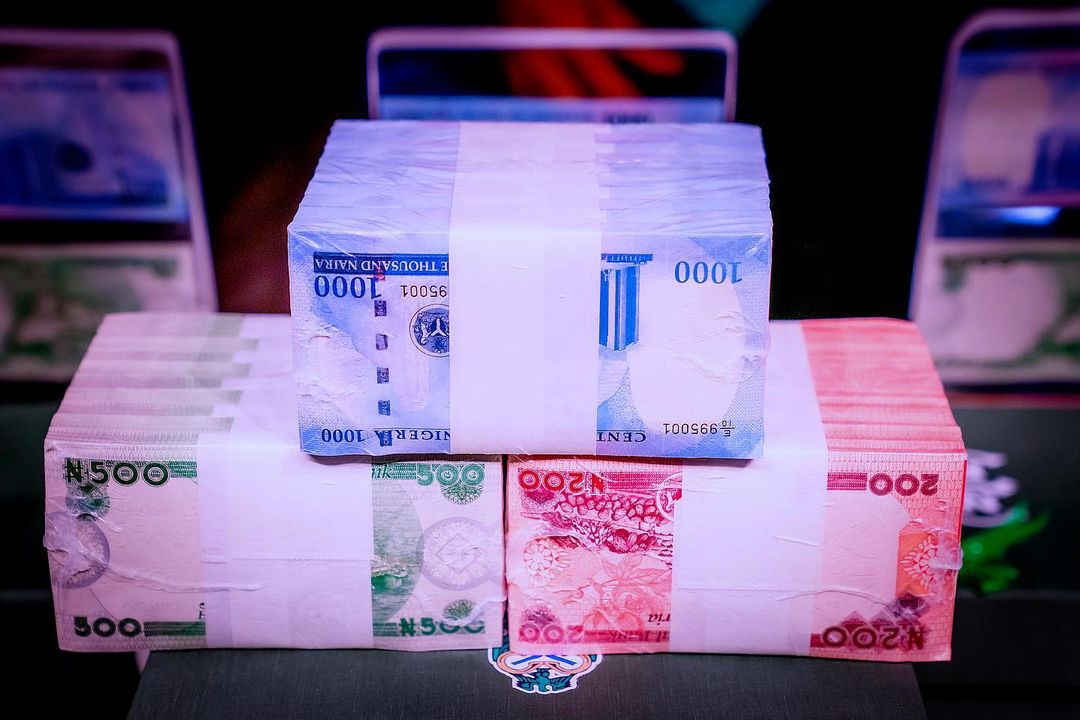The naira recorded significant gains in January 2025, closing at N1,474.78 per dollar on January 31 at the Nigerian Foreign Exchange Market. This marked a 4.14% appreciation, gaining N63.72 against the dollar in one month.
According to the FMDQ Securities Exchange Limited and the Central Bank of Nigeria (CBN), this is the strongest the naira has been in seven months. The last time the exchange rate was at a similar level was June 11, 2024, when it stood at N1,473.88 per dollar.
Join our WhatsApp ChannelA currency trader, Sadiq Bello, shared his observations. “The naira’s performance has been surprising. Many traders were expecting more volatility, but the policies from the CBN seem to be helping.”
Naira Strengthens Through January
The naira started the year at N1,538.50 per dollar on January 2 but experienced slight fluctuations. By January 16, it had depreciated to N1,560, its lowest level of the month. However, it began a steady appreciation from the third week of January.
On January 24, it stood at N1,531 per dollar and continued gaining value. By January 30, the naira had risen to N1,493 before reaching N1,474.78 on the final trading day of the month.

Parallel Market Sees Gains
The naira also appreciated in the parallel market. On Friday, it traded at N1,610 per dollar, up from N1,630 the previous day. This N20 gain within 24 hours signals increased confidence in the local currency.
CBN Policies Drive Market Confidence
The CBN’s monetary and foreign exchange measures have contributed to the naira’s improved performance. One key factor is the introduction of the Electronic Foreign Exchange Matching System in December 2024.
READ ALSO: Naira Appreciates To N1,610/$1 In Parallel Market
This platform, operated through Bloomberg’s BMatch system, allows authorised dealers to place anonymous orders in a central order book. The system ensures transparency and efficient price discovery in the forex market.
FX Code Introduced to Regulate Market Practices
Another policy that has influenced the naira’s appreciation is the Nigeria Foreign Exchange Code, launched on January 28, 2025.
CBN Governor Olayemi Cardoso explained its importance. “The FX Code marks a new era of compliance and accountability. It is not just a set of recommendations; this is an enforceable framework. Under the CBN Act 2007 and BOFIA Act 2020, violations will be met with penalties and administrative actions.”
The FX Code sets rules for ethical conduct, governance, risk management, and settlement processes in the forex market. Experts believe that this initiative has increased investor confidence, contributing to the naira’s gains.
Foreign Reserves Decline in January
Despite the naira’s appreciation, Nigeria’s foreign exchange reserves dropped by $1.11 billion in January. Data from the CBN showed that reserves stood at $40.88 billion on January 2 but declined to $39.77 billion by January 30.
Financial consultant Charles Egwu noted, “The decline in reserves suggests that the CBN may have used part of its forex stockpile to stabilise the naira. However, external debt servicing and capital outflows also played a role.”

The reserves initially remained above $40 billion in early January but started falling in the second half of the month. By January 22, they stood at $40.05 billion and dropped further to $39.77 billion by the month’s end.
Outlook for the Naira
Market analysts are watching how the naira will perform in the coming months. While the recent gains indicate a positive trend, factors such as external debt obligations and global forex dynamics could influence future movements.
Economist, Funmi Adesina commented, “The naira’s performance in January is encouraging, but sustaining this trend will require continued market reforms. The CBN must ensure that foreign exchange liquidity remains steady.”
With the FX Code and other regulatory measures in place, stakeholders hope that the naira will maintain its strength in the coming months. However, ongoing monitoring of forex reserves and market stability will be crucial in shaping the currency’s outlook.
Emmanuel Ochayi is a journalist. He is a graduate of the University of Lagos, School of first choice and the nations pride. Emmanuel is keen on exploring writing angles in different areas, including Business, climate change, politics, Education, and others.
- Emmanuel Ochayihttps://www.primebusiness.africa/author/ochayi/
- Emmanuel Ochayihttps://www.primebusiness.africa/author/ochayi/
- Emmanuel Ochayihttps://www.primebusiness.africa/author/ochayi/
- Emmanuel Ochayihttps://www.primebusiness.africa/author/ochayi/

















